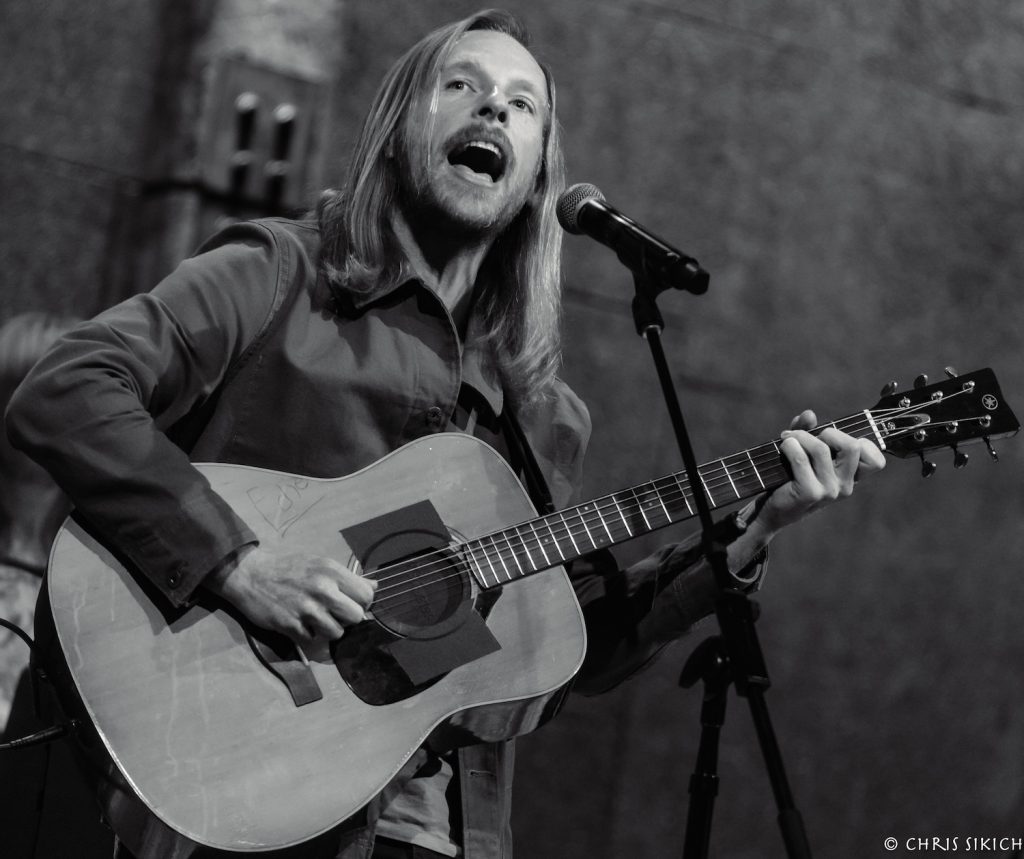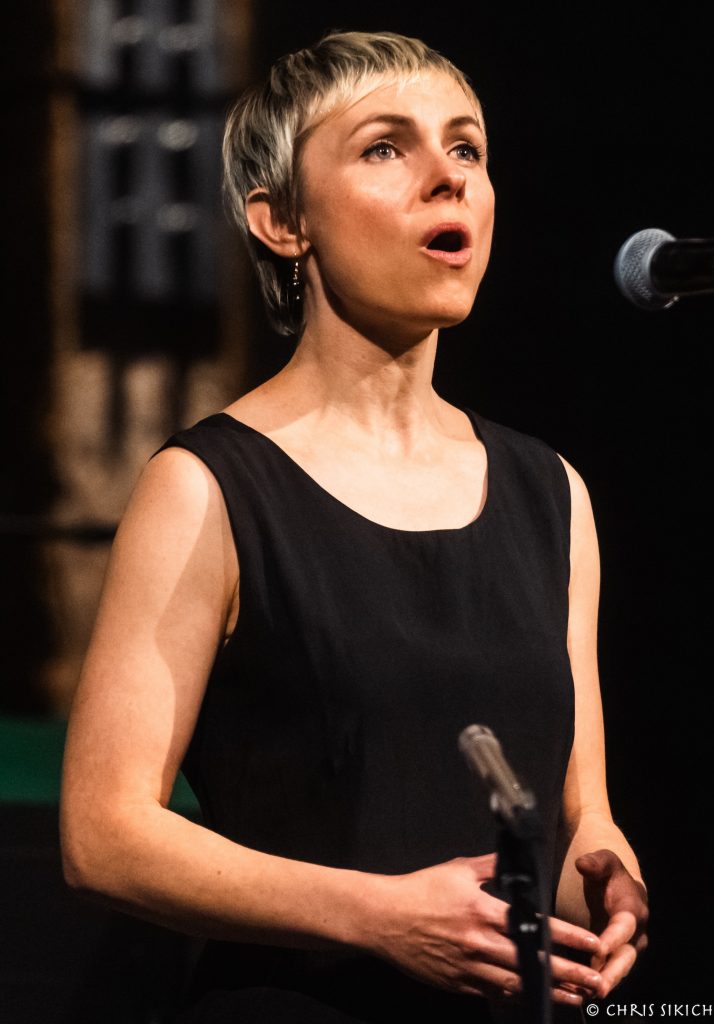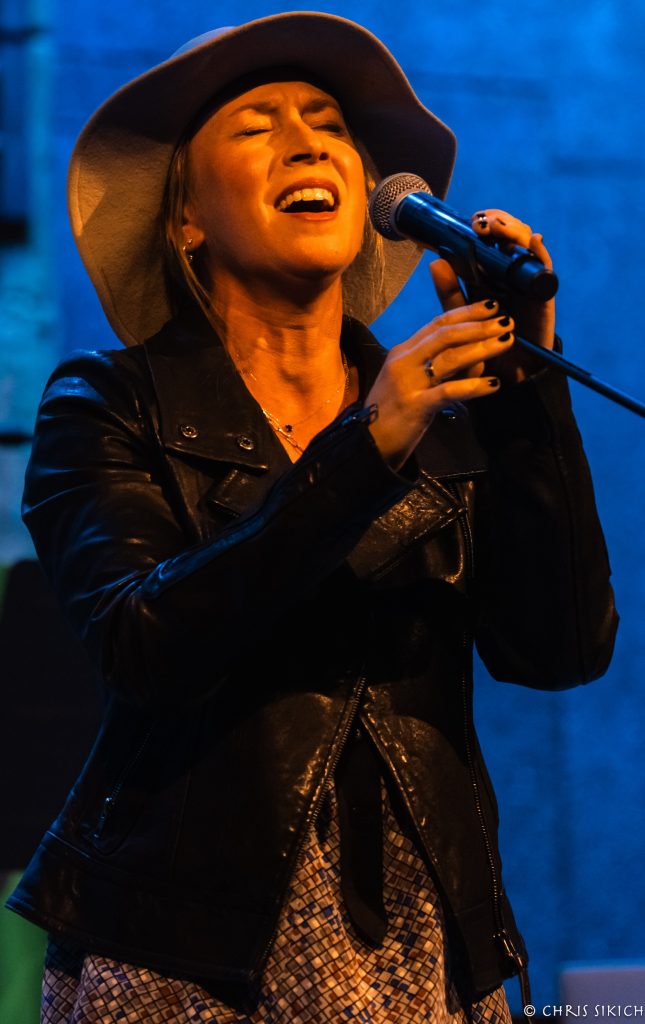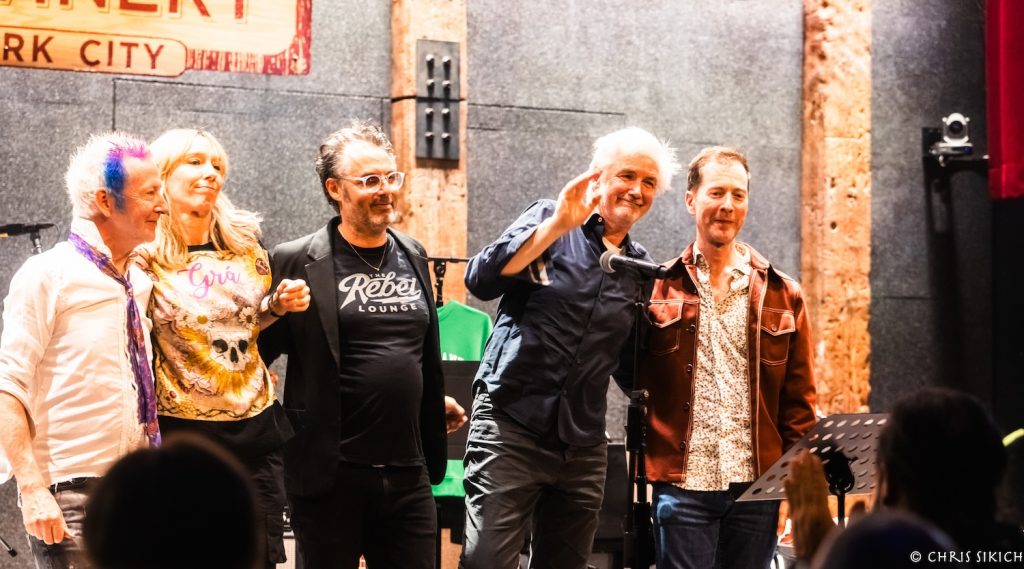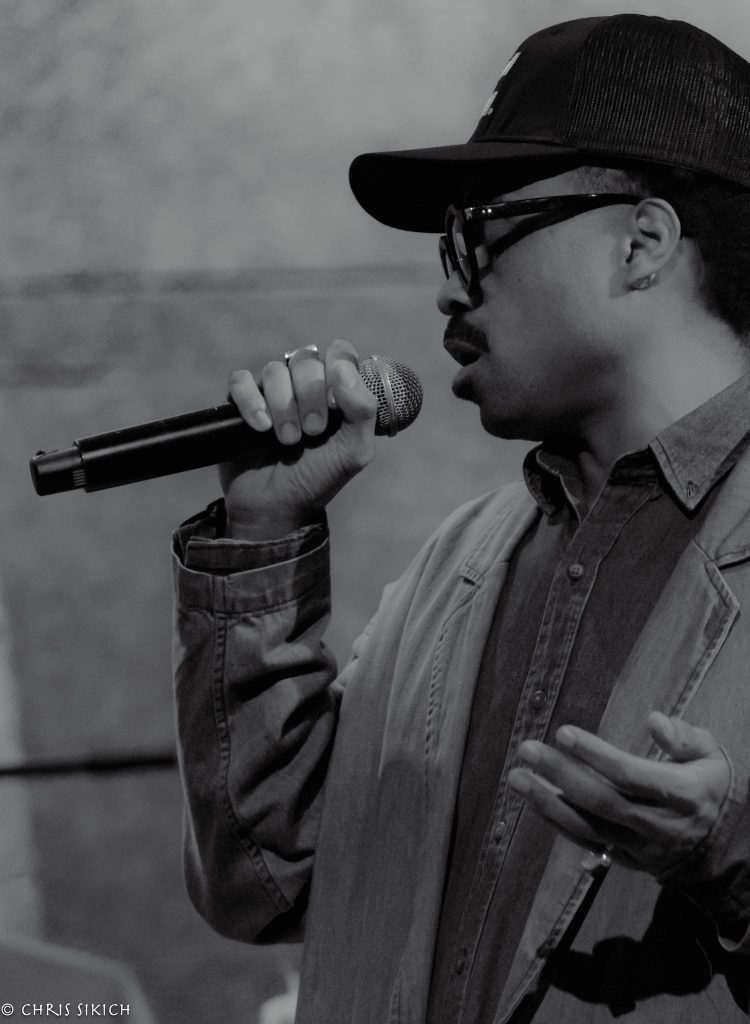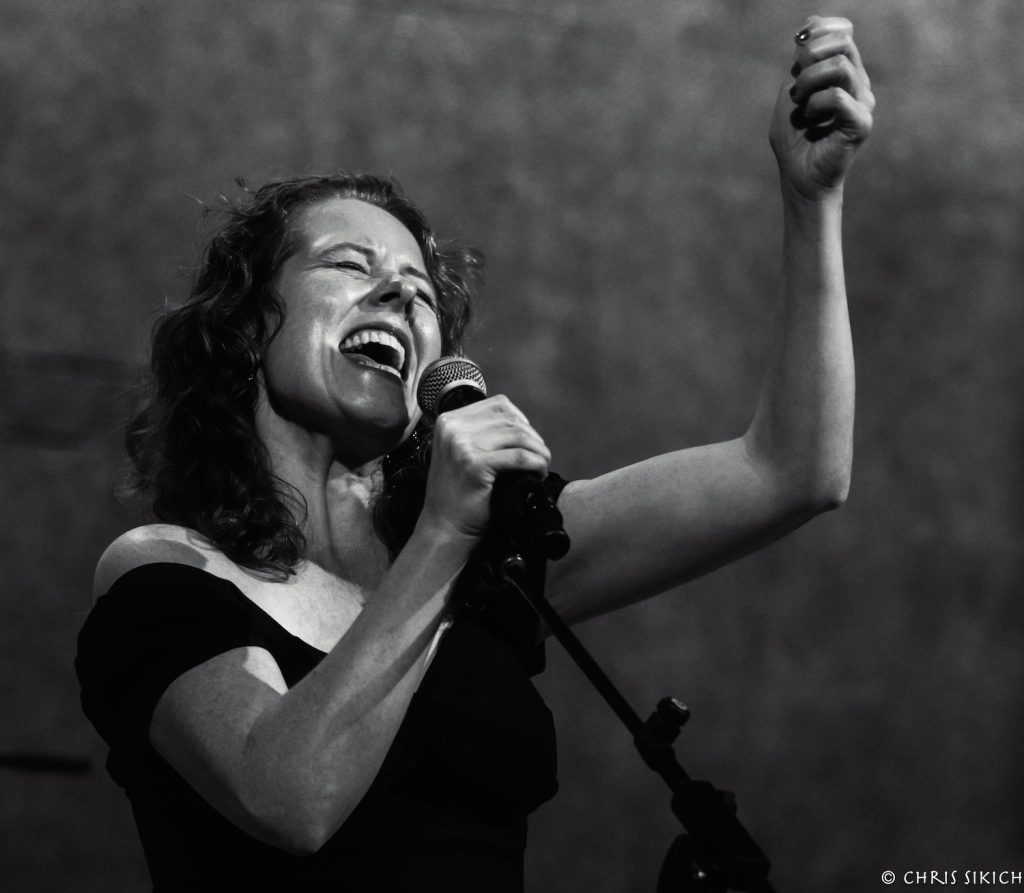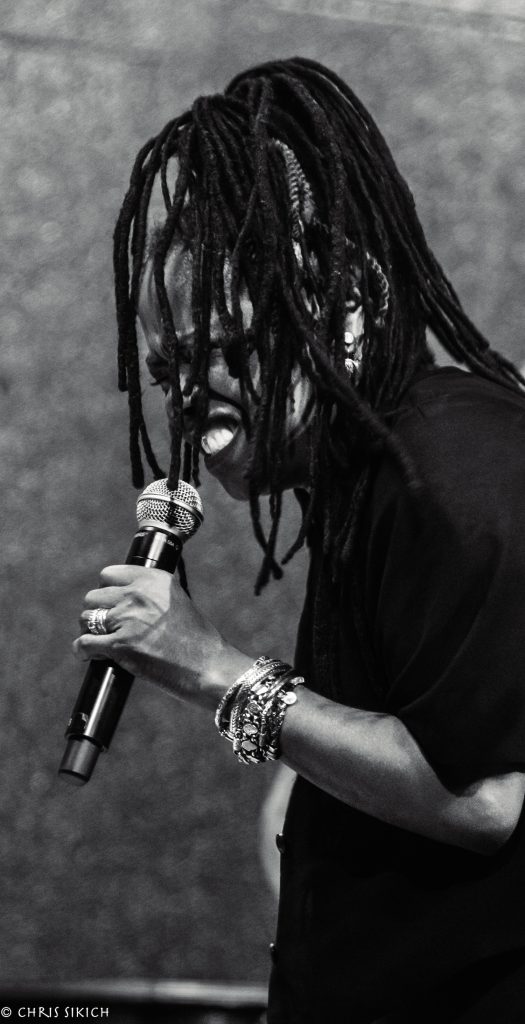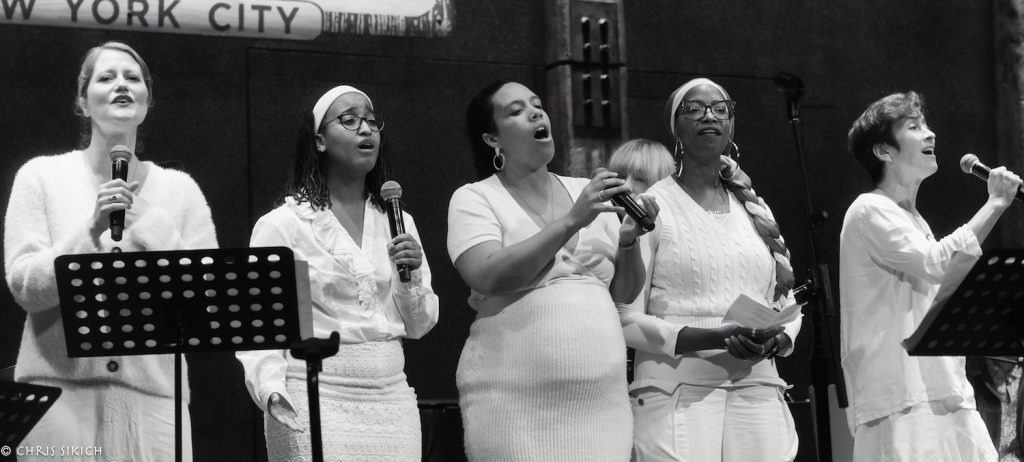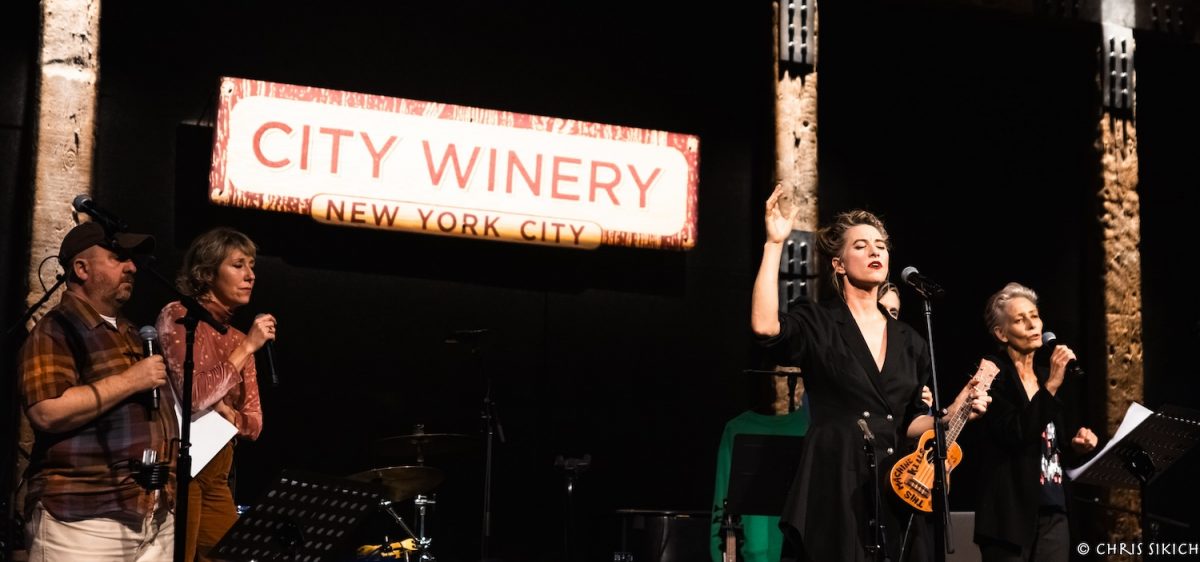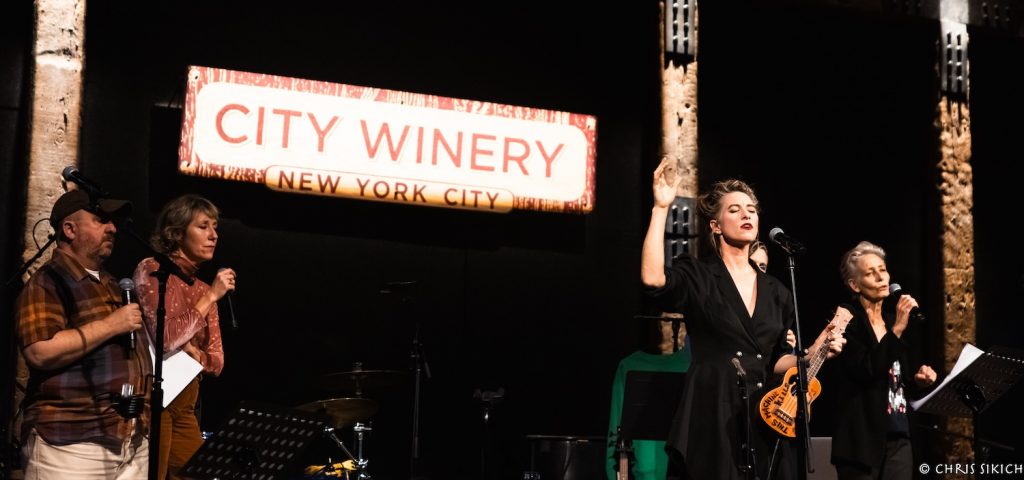
Remembering Sinéad—a talent-packed tribute at City Winery New York City—had a tough mission. Not just because remembering Sinéad O’Connor means reliving the deep pain and betrayal inflicted upon her by everyone from her mother to the music industry to so-called religious leaders or because her death in July still feels too fresh, but because who could ever really measure up to that standard: the dynamic range of her once-in-a-generation voice, her prescient lyrics and the potent blend of vulnerability and don’t-give-a-fuck-ness that made her too good for this world?
While most of the singers didn’t even try to capture O’Connor’s essence, the standouts evoked some sliver of her spirit. It’s worth noting how many approached her by tackling material she’d interpreted, rather than giving voice to her own rich words.
Julia Cumming of Sunflower Bean brought the fire necessary to summon O’Connor’s orchestral punk reinvention of Loretta Lynn’s “Success Has Made A Failure Of Our Home,” making it one of the most riveting musical performances of the evening. Suzanne Vega, acknowledging the complex relationships that women in music are forced to negotiate when they’re made to feel that they have to fight with one another over a small slice of the pie, mentioned the sisterly affection and rivalry she felt for O’Connor as an introduction to her own characteristically cool and distant reading of Nirvana’s “All Apologies.”
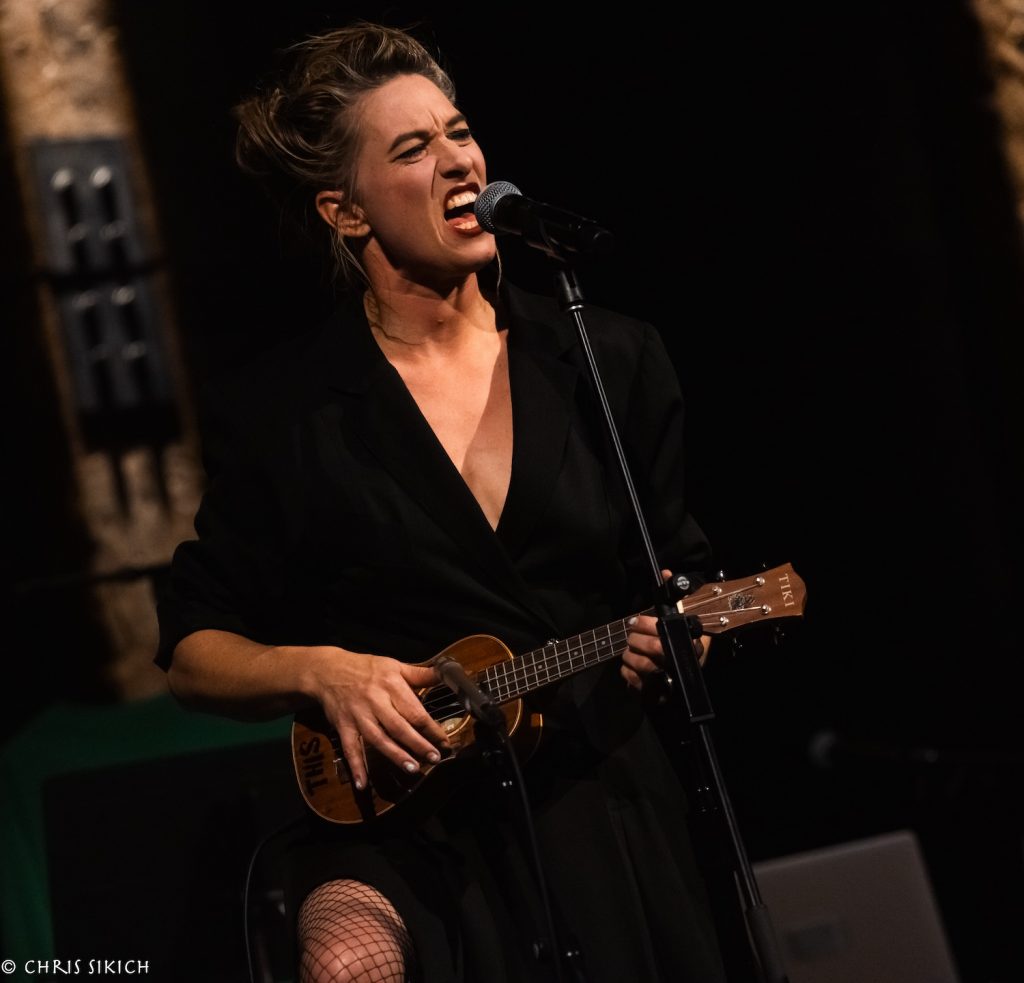
Susan McKeown honored O’Connor’s passion for traditional Irish music and poetry with her version of “I Am Stretched On Your Grave” and Toby Lightman treated “You Made Me The Thief Of Your Heart” with respect, but it was Martha Wainwright, throwing her whole self into “Nothing Compares 2 U,” who most acutely embodied the nearly unbearable pain of love interrupted. Sure, O’Connor could do all that with just her eyes; still, Wainwright, with her inimitable voice, added a lived-in quality to the song and extended its life in a way few others could.
Each of the four men brave enough to tackle O’Connor’s lyrics offered a different perspective on songs written with an explicit feminine energy. Stephin Merritt’s dry “The Last Day Of Our Acquaintance” drew out the bitterness of divorce, rather than the resignation of the original; in the opposite direction, Kevin Devine’s version of “This Is To Mother You” leaned into the calm and soothing nature with an earnestness that came as a relief. Bilal injected a bit of grit and swagger into “Just Like U Said It Would B,” while John Cameron Mitchell belted out “The Emperor’s New Clothes” with more of an emphasis on the public hypocrisy O’Connor confronted than on the personal betrayals that informed her work.
Perhaps unsurprisingly, O’Connor’s first few albums were better represented than her later releases, with 15 of the show’s 16 songs drawn from the 20th century, going all the way back to 1987’s “Mandinka” in the form of a somewhat dialed-back version by Joy Askew. Songs from 2000’s Faith And Courage (the fifth of O’Connor’s 10 studio albums) bookended the night: “Jealous,” performed with crackling energy by Dida Pelled, opened the show, and “No Man’s Woman,” sung by Catherine Russell, ended it with verve. (An aside: In one of the only onstage collaborations, Russell and Askew joined Kat Edmonson for an appropriately subdued “In This Heart.”)

The only song drawn from the second half of her career was “Dense Water Deeper Down,” which finally landed on O’Connor’s most recent album, 2014’s I’m Not Bossy, I’m The Boss, after appearing on a 2003 compilation; Lahna Deering rescued it from obscurity with aplomb, and it served as an apt reminder that no matter how deep in our marrow those classics from The Lion And The Cobra, I Do Not Want What I Haven’t Got and Universal Mother have lodged, there are still so many facets of this prolific artist left to remember and uncover.
Ultimately, however, only two artists took the opportunity to speak up about this very fraught moment we find ourselves in, particularly in New York, where posters pleading for the return of Israeli hostages compete for wall space with graffiti defending Hamas. With a quiet determination, Resistance Revival Chorus encouraged the audience to contact our representatives to demand a ceasefire before delivering the heartfelt, hymnlike “Thank You For Hearing Me.”
However, it was Amanda Palmer—visibly exhausted after four days of three-hour Dresden Dolls concerts plus an early-evening appearance at Joe’s Pub with John Cameron Mitchell and Amber Martin—who connected the dots. Alone onstage while the house band (Tony Shanahan and Gerry Leonard on guitar, Cait “Rocky” O’Riordan on bass, Yuval Lion on drums and Jamie Edwards on keys) took a break, Palmer wielded her ukulele and spoke at length about what Sinéad O’Connor represented to her as a young woman who was canceled before canceling was a thing, and specifically canceled by the music industry for the crime of ripping up a photograph on live TV.
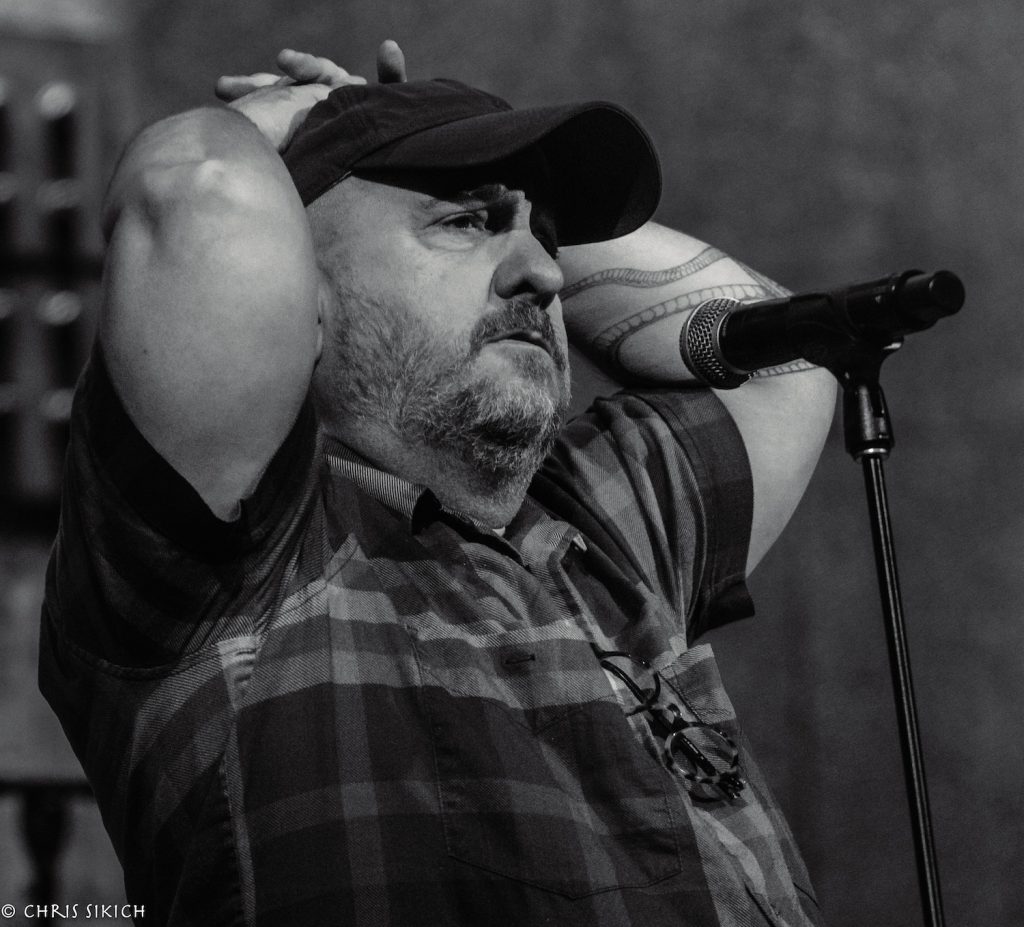
Palmer, who knows a thing or two about being canceled and has faced criticism for calling for compassion for both Israelis and Palestinians during the Dresden Dolls’ recent run, talked about the precariousness of women artists in the age of collapsing music platforms and social-media weaponization, particularly those who address issues of substance, and of the value that those who can afford to support artists have in enabling musicians to do what they do.
And then she accompanied herself on “Black Boys On Mopeds,” letting the words O’Connor wrote 34 years ago, decades before doxxing, resonate throughout the bilevel room as Askew, Merritt, Mitchell and Wainwright joined in on backing vocals: “These are dangerous days/To say what you feel is to dig your own grave/Remember what I told you/If you were of the world, they would love you.”
Sinéad O’Connor was not long for this world. And yet, we remember her—her voice, her lyrics, her fragility, her bravery—and what she told us in her songs and in the way she lived.
—M.J. Fine; photos by Chris Sikich
